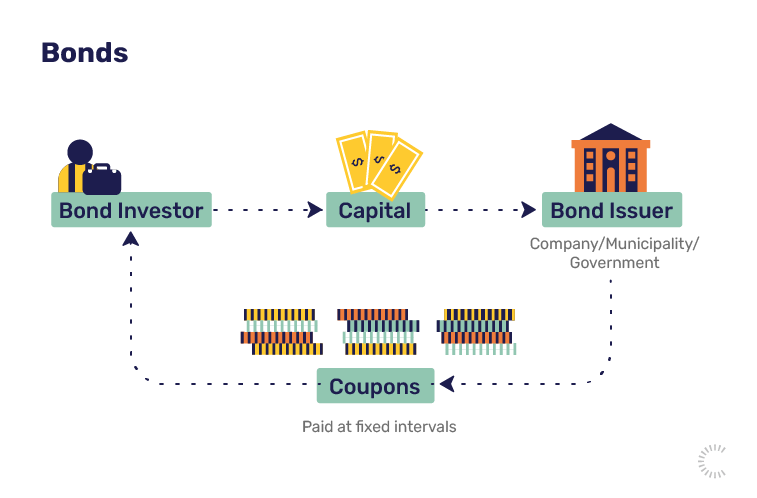If the idea of investing in the stock exchange terrifies you, you are not alone. People with extremely restricted experience in stock investing are either horrified by scary stories of the average investor losing 50% of their portfolio valuefor example, in the two bear markets that have already occurred in this millennium or are beguiled by "hot tips" that bear the pledge of big benefits however hardly ever pay off.
The truth is that buying the stock exchange brings threat, however when approached in a disciplined way, it is among the most effective methods to build up one's net worth. While the worth of one's home generally accounts for the majority of the net worth of the average private, many of the wealthy and extremely abundant generally have most of their wealth bought stocks.

Key Takeaways Stocks, or shares of a business, represent ownership equity in the firm, which provide investors voting rights along with a recurring claim on business revenues in the form of capital gains and dividends. Stock exchange are where specific and institutional financiers come together to buy and sell shares in a public venue.
For example, an individual or entity that owns 100,000 shares of a business with one million impressive shares would have a 10% ownership stake in it. A lot of business have outstanding shares that encounter the millions or billions. Typical and josueyrnu026.image-perth.org/investing-for-beginners-how-to-get-started-hsbc-uk Preferred Stock While there are 2 primary kinds of stocktypical and chosenthe term "equities" is synonymous with common shares, as their combined market worth and trading volumes are many magnitudes larger than that of favored shares.
Preferred shares are so called due to the fact that they have preference over the typical shares in a business to get dividends as well as assets in case of a liquidation. Common stock can be more classified in terms of their ballot rights. While the basic facility of common shares is that they ought to have equal ballot rightsone vote per share heldsome companies have dual or multiple classes of stock with different ballot rights attached to each class.